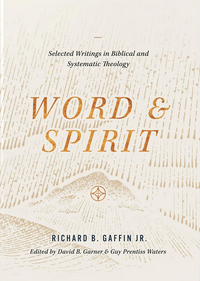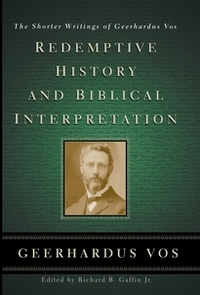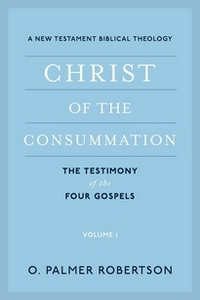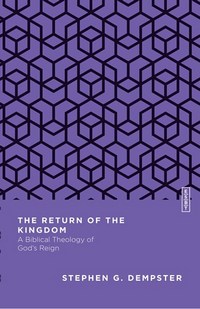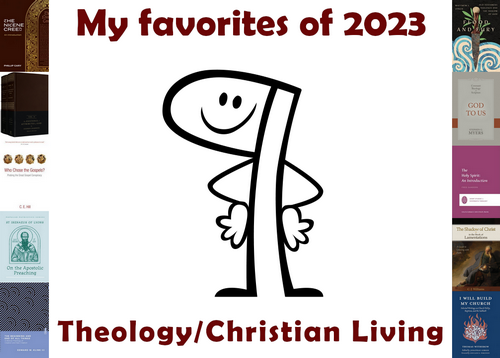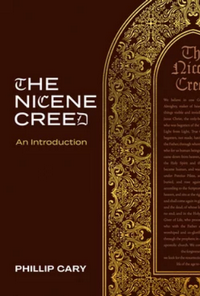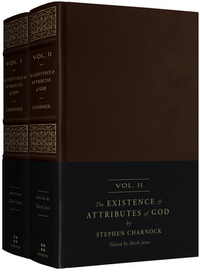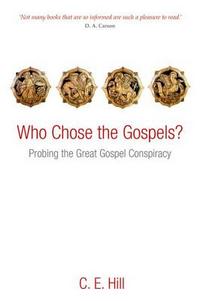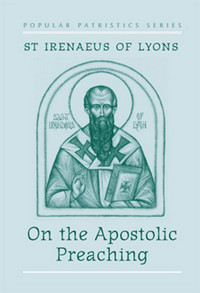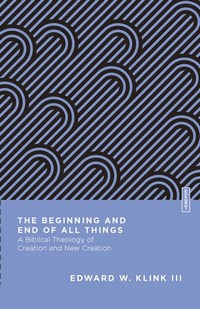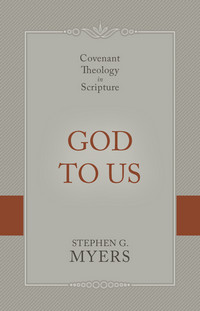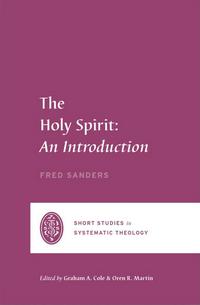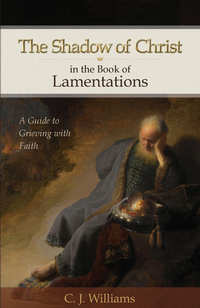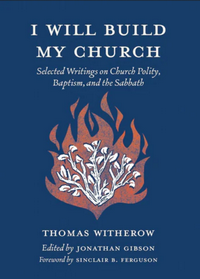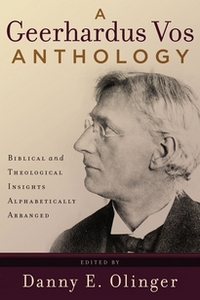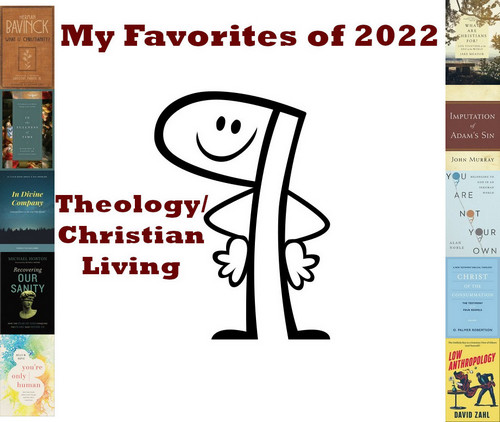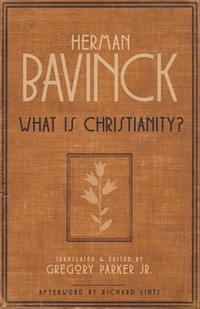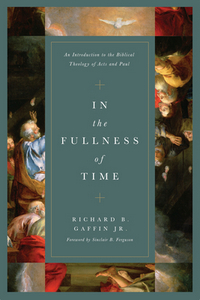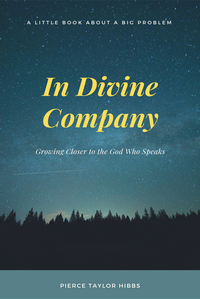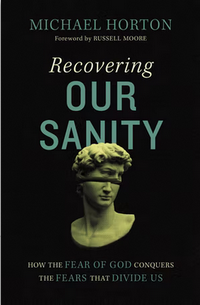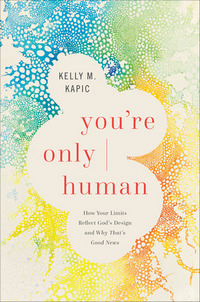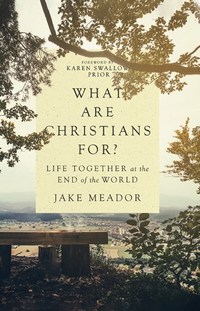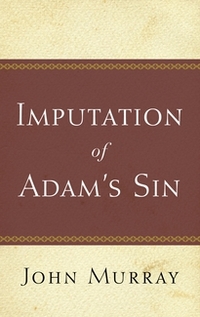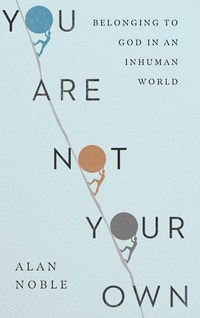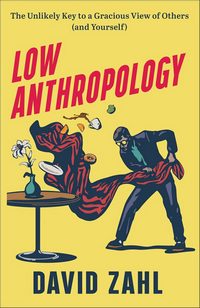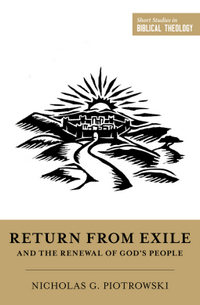 Return from Exile and the Renewal of God’s People
Return from Exile and the Renewal of God’s People
DETAILS: Series: Short Studies in Biblical Theology Publisher: Crossway Publication Date: March 18, 2025 Format: eARC Length: 224 pg. Read Date: January 19-26, 2025

What’s Return from Exile and the Renewal of God’s People About?
I’m not going to do better, or be more succinct, than the Publisher’s Description:
God’s people, once resting in his divine presence, now toil in exile. The theme of humanity’s expulsion and wandering begins with Adam and Eve, but echoes in events throughout the Bible. Emphasizing the pain of separation from God, exile stories also highlight the hope of resurrection and creation’s imminent restoration back to the Edenic state.
In this addition to the Short Studies in Biblical Theology series, Nicholas G. Piotrowski traces the theme of exile throughout Scripture, giving readers a renewed appreciation for redemptive history and atonement in Christ. Sharing from his 15 years of study, Piotrowski connects the journeys of Abraham, Joseph, and Jesus with tabernacle imagery and other types to illustrate recurring themes of exile from Genesis until the new creation. This accessible volume helps believers understand their own exile and rejoice with the hope that they will one day worship in God’s holy presence.
Part 1: Exile and Death
The first part of the book traces the theme of Exile—beginning in Adam and Eve being exiled from the presence of God and the mountain garden/temple of Eden. Then several expulsions/exiles (with returns) are looked at as recapitulations of these themes, over and over up to the Babylonian exile.
In the last chapter of this section, “Chapter 5: Israel out of the Land,” there’s an extended discussion of the Psalms’ discussion of Exile/Return, seeing it even in the structure of the Psalter. This section (and the footnotes that accompany it for follow-up) is one of the highlights of Part 1 (actually, of the whole book, as I think about it).
Piotrowski does a fantastic job of drawing out the Redemptive-Historical threads running through this part of the canon and tracing their development.
Part 2: Return and Resurrection
For reasons that are generally obvious, the tone and manner of discussion shift a bit—as does the focus—here in the second part, which focuses on the pivotal, epoch-making event in this narrative—the Death/Resurrection/Ascension of the Lord Jesus Christ.
He begins with the Gospel accounts of Christ’s life—he applies the metaphor of “foreshocks” to these—his life, his teachings, and his miracles, how they point to the fulfillment of the Old Testament in the “mainshock” of his Death/Resurrection/Ascension. This is followed by the “aftershocks” of the returns from exile experienced by His people in the inter-advental period, leading to the ultimate “ultrashock” of the New Heavens and the New Earth, where the Return to the Garden Temple is complete.
It’s hopeful, it’s encouraging, it keeps the reader focused on the assurance we can gain from the Gospel events while we anticipate the Last Day and Return of Christ.
It’s easy to take John 3 for granted—or to avoid it due to “overuse” (or a perception of it) in contemporary Evangelical writings. But Piotrowski’s discussion in this part of the book was excellent—as was the final chapter on the close of the narrative arc.
So, what did I think about Return from Exile and the Renewal of God’s People?
Am I wholly convinced by the thesis that the principal drama of Scripture is best understood in the Exile because of Adam’s sin and the Return due to Christ terms? No. But I’m not going to argue against it. And even if I were to do that, it’d be half-hearted at best, because it’s a fantastic way to frame things, and any alternative I could suggest is easily compatible with it. I only mention this because I think some of Piotrowski’s insistence on it being “the” way to read Scripture is a bit too strong.
I do appreciate his use (and frequent footnoting) of some titles from the Essential Studies in Biblical Theology series (particularly, and unsurprisingly, Harmon’s Rebels and Exiles), if only because I couldn’t help thinking of that series as I read this (a common occurrence for books in this series). At the same time, I do admit to preferring this to Harmon’s book. I can’t put my finger on why, but Piotrowski’s discussion better resonated with me (this might also be my favorite book in this series).
My main complaint—and this is not one that most readers will have to put up with—is that the eARC doesn’t come with any of the figures/tables that will be in the published versions. It would’ve been so helpful to see them—or at least it would satisfy my curiosity. That’s such a niche (and self-centered) complaint that you should probably disregard this—I just wanted to whinge about it a bit. Just know if you buy a copy, you’re going to have a fuller experience than I did.
Like the other books in this series, there’s an emphasis in Piotrowski’s work to be accessible—and he really succeeds with that. But that shouldn’t be read as saying that there’s no depth, no challenge to the reading. There is, but the little bit of effort is greatly rewarded and it’ll carry you through the book. There’s plenty to chew on, but plenty of help to do that.
I took more notes that I expected to while going through this book—even now as I look over them, I’m surprised at the ratio of notes to pages. It’s higher than usual for a book of this depth and length. I got a lot out of reading this (and think a re-read would be equally rewarding), and I fully expect I won’t be alone in that.
I strongly recommend this for your personal study and encouragement.
Disclaimer: I received this eARC from Crossway via NetGalley in exchange for this post which contains my honest opinion—thanks to both for this.

This post contains an affiliate link. If you purchase from it, I will get a small commission at no additional cost to you. As always, the opinions expressed are my own.
![]()



